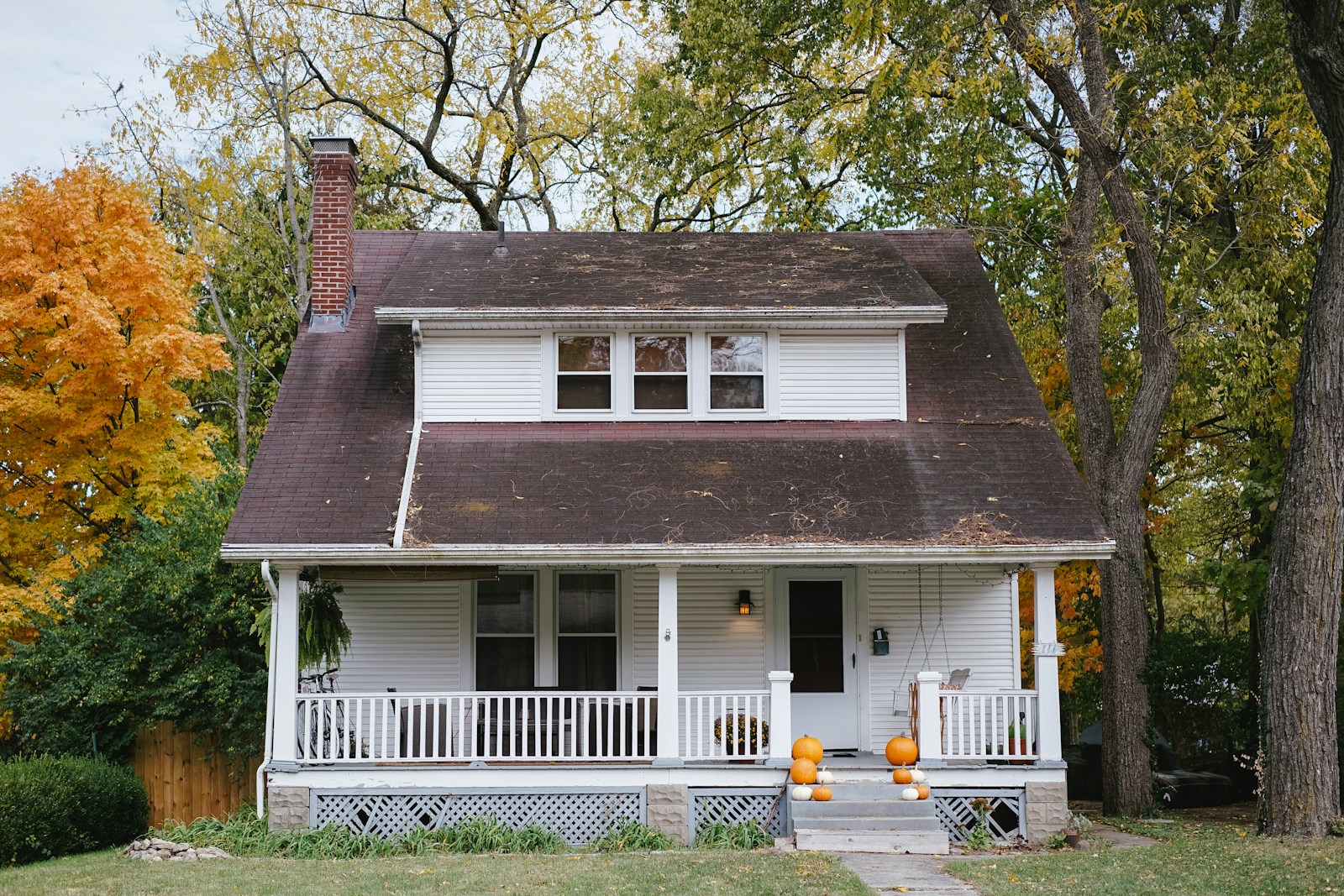
How the Market Can Impact Your Home’s Value
Homeownership is a significant milestone in your life and can provide you and your family stability, safety and security. However, owning your own home can also include complicated and stressful financial matters that must be responsibly managed to protect your investment and retain fiscal stability. This includes understanding how market fluctuations impact your property’s value and ensuring you carry adequate home insurance.
How Insurance Companies Assess Your Home’s Value
When assessing your home’s value, insurance companies may take one of the following pair of approaches:
- Replacement value—Your insurance agent may use this methodology when crafting homeowners coverage that can provide a payout up to what it would cost to replace your home if it were completely destroyed. This means that your insurance company may be agreeing to cover costs above what you originally paid for your home, as it’s likely that rebuilding would cost more than it would have in the past and depreciation is not a factor.
- Actual cash value—This approach toward establishing a value for your home accounts for depreciated values. For example, if your roof is nearing the end of its projected lifespan, your insurance will not pay the total value of a new roof. Similarly, depreciation of your possessions, such as electronics and furniture, will reduce your total payout. As such, while this approach toward sculpting home insurance may lower your home insurance cost, it is also generally more risky.
Factors Affecting the Value of Your Home
Regardless of whether you choose to include replacement value of actual cash value in your home insurance, the overall appraisal can be impacted by many circumstances and market conditions, such as the following:
- Sale prices of similar properties—The price points of similar residences in the same area can greatly impact the market value of your home.
- Neighborhood details—Your home’s surroundings play a key role in determining its value, as proximity to stores and entertainment, good schools and major highways may all be attractive. Conversely, negative factors like high crime rates may hinder your home’s value.
- Structural conditions—The physical details of your home, including its age and the condition of critical components, such as its roof and foundations, may impact its market value. Even aesthetics like outdated floor plans or unattractive décor can impact appraisals.
- Lot size—Understandably, a larger home generally carries more significant value than smaller residences. However, the overall size of your property may also be a factor, as larger backyards or potential space for expansions could be attractive.
- Economic conditions—Property values may be in constant flux regardless of your own actions. This is because the available inventory of homes on the market and factors like mortgage interest rates may change, directly impacting how your home is valued.
Get the Right Coverage
When determining your home insurance needs and crafting an appropriate policy, you should work with a qualified insurance agency, such as McCartan Insurance Group. Our knowledgeable staff can help you understand the process of assessing your home’s value, analyzing risk levels and ensuring adequate coverage. Visit our website or call 515-633-2273 to learn more or to get a personalized homeowners insurance quote.
This blog is intended for informational and educational use only. It is not exhaustive and should not be construed as legal advice. Please contact your insurance professional for further information.
Categories: Blog, Homeowners
